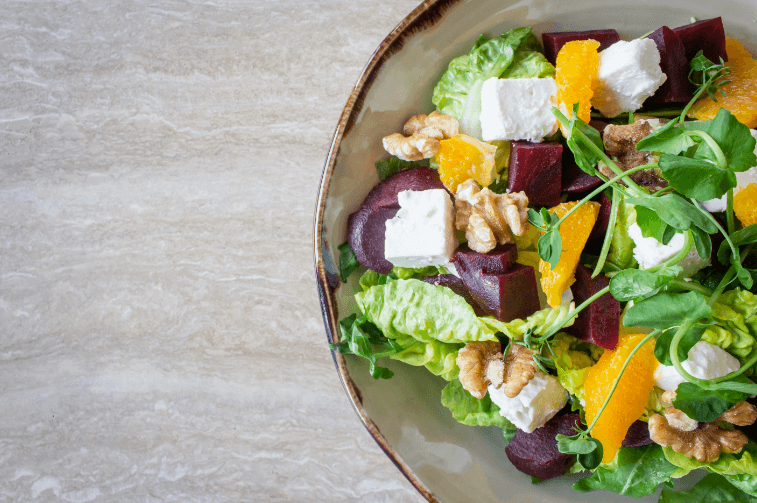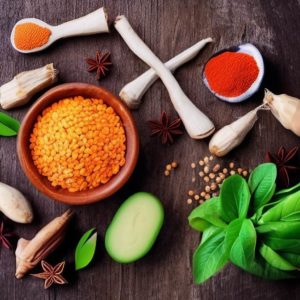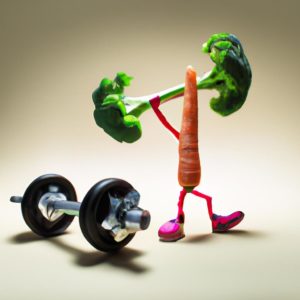It can be overwhelming to try to develop a healthy lifestyle. There are many diet options available, and media constantly gives mixed messages about what foods are good for you. A registered dietitian can quickly help you find the best diet foods to support a healthy lifestyle. You will also find some tips and tricks to incorporate these foods into your daily diet.
These are the top eight diet foods for a healthy body.
1. Nuts
Because of their high fat content, nuts often have a bad reputation. This is what makes nuts great. The nuts are rich in healthy fats, including monounsaturated and polyunsaturated fats, and fiber. These nutrients provide energy and help dieters feel fuller for longer periods of time.
Nuts are good for your health and can help you feel fuller. One study showed that nuts can help improve your blood sugar control, weight control, heart health, and overall well-being.
Nuts are high in fat and have lots of calories. You should eat nuts in moderation. The American Heart Association recommends you eat four portions of unsalted nuts per day. A small handful of whole nuts (1.55 ounces) is equivalent to one serving of nuts. Use nut butter instead. A serving size is 2 tablespoons.
2. Lean Protein
You must get enough protein if you are trying to lose weight or build muscle. This message is repeated all the time by nutrition coaches, personal trainers, and magazines. But what food are they actually talking about?
Focusing on lean protein sources is a good way to increase your protein intake. Lean meats and chicken breast are examples of lean protein sources. Lean protein sources do not include beef and pork. They have higher levels of saturated fat, which is an unhealthy type of fat you should reduce.
Protein is not only good for building muscle but it can also make our bodies work harder to digest. This means that we end up consuming more calories trying to digest it. This is known as the “thermic effects of food”. Because our bodies have to work harder to digest protein, we end-up storing less calories than we would if we ate carbohydrates or fat.
3. Fish
Fish, such as chicken breasts or lean beef is high in protein and low in fat. Although some fishes like salmon are more fattening than others, they still contain healthy fats that are similar to those found in nuts. Other nutrients are also provided by fats found in fish, including Omega-3 fatty acid. These fatty acids can help lower the risk of developing cardiovascular disease and glaucoma. They also may help with depression and other mental health conditions like dementia.
Individuals who eat a Mediterranean-style, plant-forward or pescatarian diet can also benefit from fish as a source of protein. The Food and Drug Administration (FDA), recommends that Americans eat between 2 and 3 servings of fish per day. One serving should be about the size of your hand (4 ounces).
4. Whole Grains
We’ve already discussed how protein has a higher thermic impact on food than fats or carbohydrates, but it is important to include healthy carbs in our diet. Whole grain foods are the best choice.
Whole grain products have higher nutritional content because they are less refined than other varieties. Fiber in whole grains helps you feel fuller for longer periods of time and promotes hunger relief. Fiber can help lower cholesterol and prevent blood from clotting.
Whole-grain foods can also help maintain a steady level of blood glucose, which is important for everyone but especially for people with diabetes or pre-diabetes. These foods provide the body with many vitamins and minerals such as iron, Vitamin B and magnesium, zinc and copper.
You can incorporate oatmeal into your breakfast if you are looking for whole grains. Bircher Muesli is a combination of oatmeal and toppings that are soaked overnight.
5. Legumes
Although you may have heard of whole grains, nuts, lean proteins, and whole grain, “legumes” might be something new to you. Legumes can be described as a type of vegetable that includes items like beans, green peas and chickpeas.
The American Diabetes Association states that regular consumption of legumes can reduce your risk of developing type 2 diabetes. It also improves blood glucose control in those with the disease. They are also known to improve heart health and weight control.
For those who want to eat a plant-based, vegetarian or vegan diet, legumes such as beans and chickpeas can be a good source of lean protein. A delicious way to get protein without eating animal products is to add chickpeas and unsalted black beans to a brown rice bowl or salad.
6. Berries
Fiber is an important nutrient that dieters need to eat, as we’ve already mentioned. Fiber can improve blood glucose stability, improve heart health, and keep you satisfied after meals. Like whole grains and nuts, berries are rich in fiber. Additionally, berries are rich in antioxidants. These substances can aid in preventing cell damage. prevent cell damage.
Consuming antioxidants in whole foods is better than taking supplements. So add some berries to your daily diet! These other benefits can be found in fresh and frozen berries, if you’re still skeptical.
7. Dark Leafy Greens
Another great source of fiber is dark leafy greens. Kale, spinach, and other dark leafy greens like broccoli, mustard greens, are rich in Vitamins A and E, C, and D.
As previously mentioned, dark leafy greens are rich in antioxidants which help to prevent cell damage. Antioxidants are known to prevent osteoporosis, inflammatory diseases, and other conditions. These greens also have low amounts of calories and carbs, which can be beneficial for people who are trying to lose weight.
It’s easy to include dark leafy greens in your diet. These greens make the perfect base for salads, and you can also use them to make sandwiches or wraps.
8. Greek Yogurt
Greek yogurt is twice as protein-rich as regular yogurt. This can be very beneficial for people who are trying to lose weight. Greek yogurt also has less carbohydrates than regular yogurt. Greek yogurt provides probiotics to your body, which can improve gut health and reduce bloating.
To avoid consuming unnecessary calories, choose greek yogurt with a lower sugar content. If possible, choose unsweetened yogurt. You can also add your own toppings like berries and nuts to enhance the flavor.







